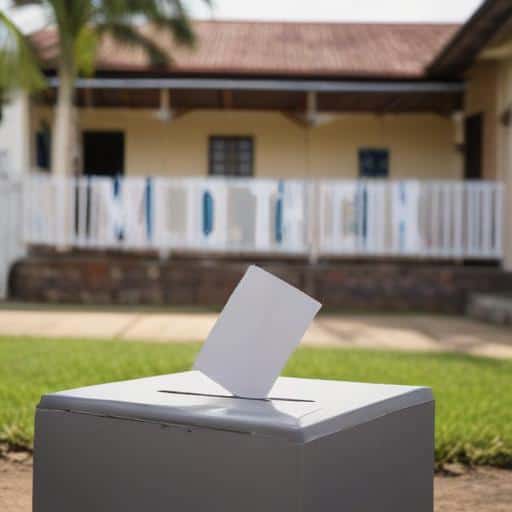Opposition MP Ketan Lal has emphasized the importance of inclusivity and representation in Fiji’s political sphere, highlighting a renewed call for a 30% allocation of parliamentary seats for women. He stated that discussions around women’s participation and empowerment are crucial for nation-building and ensuring fair opportunities for all Fijians, regardless of gender, age, ethnicity, or ability.
However, Lal cautioned against the implementation of reserved seats solely based on gender. He noted that the existing 2013 constitution and electoral systems already allow for equal opportunities for all citizens, allowing women, youth, and people with disabilities to compete for public office. “We must not confuse equal opportunity with enforced representation,” he stated, underscoring the danger of what he termed “tokenism,” which risks sidelining deserving individuals from other marginalized groups.
Drawing attention to the declining representation of women in politics, which has fallen from 20% in 2018 to just 14% after the 2022 elections, Lal urged that the focus should be on reforming political party structures and encouraging organic support for women leaders instead of implementing rigid quotas. He urged for efforts that increase grassroots leadership development and capacity-building for women, allowing them to earn their positions through merit and public service.
These sentiments resonate with earlier assertions by Prime Minister Sitiveni Rabuka, who noted that only nine percent of parliamentarians are women and acknowledged the necessity of a comprehensive approach to enhance female representation. Both leaders point towards structural reforms and the dismantling of barriers as essential components in the ongoing dialogue promoting women’s empowerment in Fiji.
Furthermore, the discussion reflects a broader consensus among various political and advocacy groups regarding the need for systemic change to improve women’s political participation. Organizations have called for mentorship programs, financial support, and a cultural shift toward solidarity among women to foster a supportive political environment.
In light of these ongoing conversations, a hopeful trajectory emerges, suggesting that with collective efforts across society, Fiji can create a governance landscape that accurately reflects its diversity and allows women to contribute actively to shaping the country’s future. These discussions highlight a commitment to not only increase representation but also to ensure that it is meaningful and impactful for all Fijians.

Leave a comment